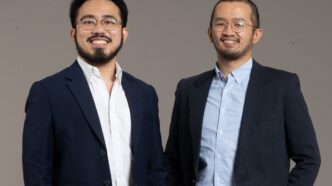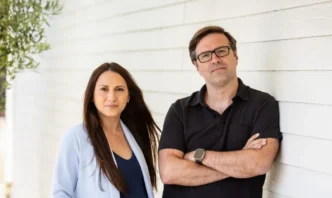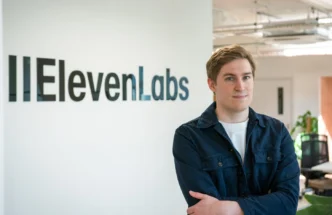Jakarta-based waste management startup Rekosistem has closed a US$7 million Series A funding round to scale its operations and technology. The round was co-led by Saratoga Investama Sedaya and K3 Ventures, with participation from AppWorks, Skystar Capital, Bali Investment Club, Orvel Ventures, and Michael Sampoerna’s Office.
Founded in 2021, Rekosistem tackles Indonesia’s growing waste crisis with a full-stack solution covering collection, sorting, treatment, and processing. It now manages 15 Reko Hubs, 40 Reko Waste Stations, and over 600 Reko Mitra Locations, collectively handling 4,500 tons of waste monthly, with 3,500 tons processed through its system.
As of March 2025, Rekosistem has served more than 90,000 households and 200 businesses, including major brands like Danone, Nestle, and Toyota Astra Motor.
This fresh injection of capital will help Rekosistem increase capacity, improve its proprietary technology, and expand operations beyond Java—a key move given the scale of Indonesia’s waste management challenges.
Indonesia’s Waste Crisis Drives Urgent Innovation
Indonesia generates between 105,000 and 130,000 tons of solid waste daily, with projections climbing to 150,000 tons by the end of 2025. Alarmingly, about 40% of urban populations lack access to basic waste collection.
The issue is magnified by the country’s island-based geography, which limits the availability of recycling infrastructure and contributes to marine pollution on a global scale.
Recognizing the crisis, the Indonesian government has stepped in with aggressive targets, including a 32% greenhouse gas emission reduction by 2030. It also secured a $100 million loan from the World Bank to improve solid waste management systems.
Rekosistem’s rapid rise—marked by a 442% CAGR through 2024—reflects a growing appetite for tech-enabled waste solutions that can handle Indonesia’s environmental complexity.
Rekosistem leverages technology through a custom operating system that connects its vast network of hubs, waste stations, and partner locations. This end-to-end integration improves tracking, coordination, and overall system efficiency.
Comparable initiatives, like Gringgo’s AI-powered waste recognition tool, have boosted recycling rates by 35% in pilot areas while raising income for local waste workers. These efforts showcase how digital platforms can optimize routes, improve classification, and bring stakeholders together across the waste value chain.
Other examples, such as the Misool Foundation’s Bank Sampah Sorong Raya, show how community-based waste banks collected over 39.2 metric tons of waste and recycled 7,547 kg of ocean-bound plastic in 2022. These models shift waste from being a liability to a valuable economic resource, a principle Rekosistem embraces.
Circular Economy Strategy Fuels Growth and Sustainability
Rekosistem’s core model aligns with circular economy principles, which are gaining traction worldwide. By treating waste as input rather than output, the company supports Indonesia’s sustainability goals and meets rising ESG (Environmental, Social, and Governance) expectations from global corporations.
Insights from the Global Waste Management Outlook 2024 show that shifting to a circular economy could reduce global waste from 4.5 billion to under 2 billion tonnes by 2050, while also saving $162 billion annually in waste handling costs.
Global leaders like IKEA, Unilever, and Patagonia have adopted circular models, proving that sustainability can drive profitability and brand value.
Rekosistem is integrating key circular strategies:
- Narrowing the loop by maximizing operational efficiency
- Closing the loop through better recycling processes
- Slowing the loop by promoting material reuse
- Regenerating the loop with waste-to-resource models
This approach positions Rekosistem as an essential partner for corporations and governments aiming to meet climate and waste reduction targets. As Jakarta’s regulations increasingly favor formal waste partnerships, the company benefits from a more supportive policy environment.
Backed by strong financials and a future-focused model, Rekosistem is poised to become a national leader in smart waste management and a regional example of how technology and circular design can solve long-standing environmental issues.













